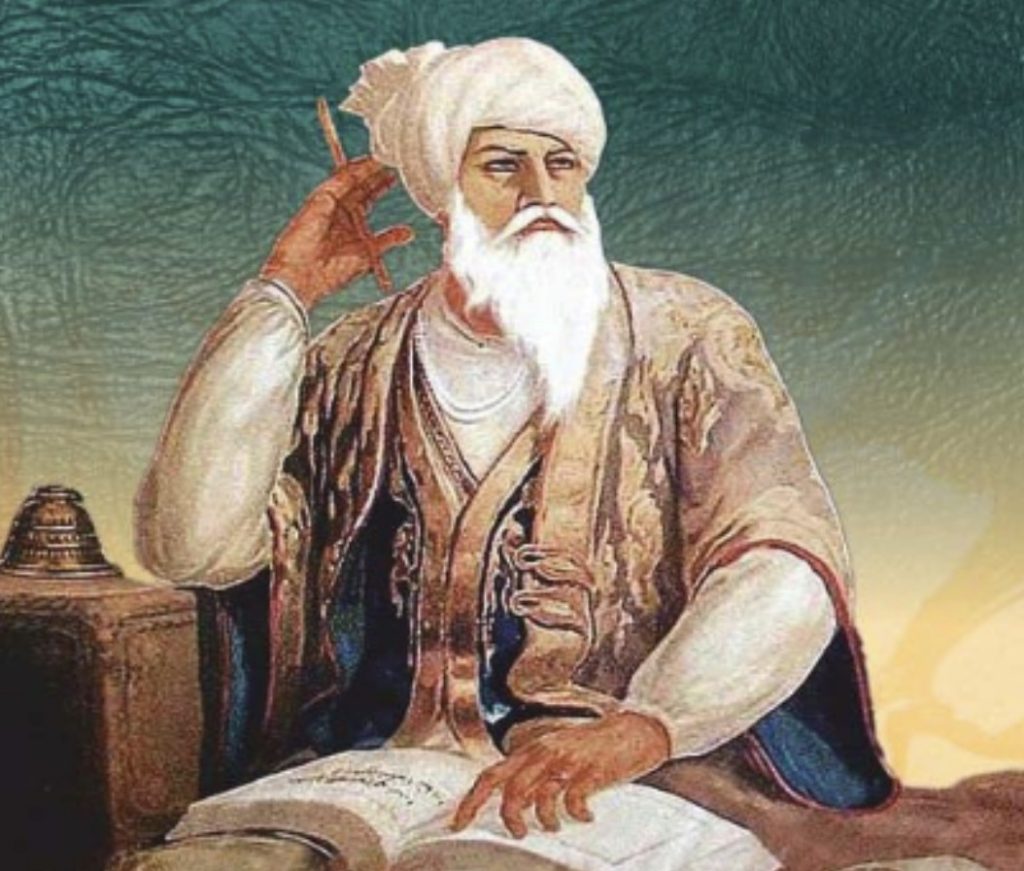Learn about TANKHAHNAMA, the Sikh penal code defining misconduct penalties. Explore the ideals of Khalsa life and principles guiding personal conduct.
Explore Zindagi Namah, a soulful Persian poetry book by Bhai Nand Lal, unique for its alignment with Sikh hymns, diving into divine mysteries and spiritual wisdom.
Delve into the poetic masterpiece 'ARZ ULALFAZ' by Bhai Nand Lal, exploring its literary and spiritual wisdom with 1,346 Persian couplets.
Discover the remarkable legacy of BAVANJA KAVI, the eminent poets and scholars who contributed to Guru Gobind Singh's cultural renaissance.
BHAI: Bhai, literally means brother. In the Sikh culture this term is used to show respect for a person. A saintly person, an intellectual, a humanitarian, a leader may be addressed as Bhai. The British adopted conferring the title of Sardar Bahadur to the persons loyal to their regime.
Discover Ganj Namah, Bhai Nand Lal's poetic tribute in Persian honoring the Ten Sikh Gurus, reflecting profound devotion and spiritual brilliance.
Discover the poetic homage to Sikh Gurus in Joti Bigas, blending Punjabi and Persian verses revered in Sikhism. Dive into Bhai Nand Lal's devotion.
Discover the myth of Kansa, Mathura's tyrant king, and his demise at the hands of Krishna. Explore legendary tales and divine triumphs.
Learn about Nand Chand, the valiant masand and diwan of Guru Gobind Singh, known for his daring feats and historical contributions to Sikh history.
Explore Nand Gopal's legacy, evolving from a Sikh government clerk in 1840 to a prominent 1st-class Deputy Inspector in Delhi. Discover his family's rich history.
- 1
- 2





